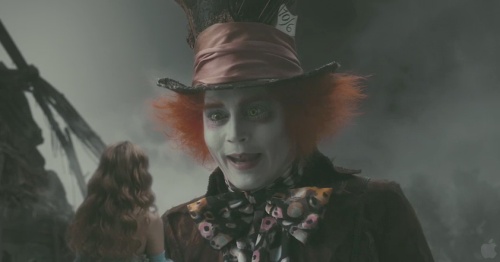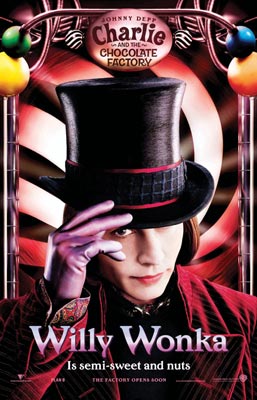Alice in Wonderland (Tim Burton, 2010)
The best-remembered of the many adaptations of Lewis Carroll’s two “Alice” books is the animated adaptation released by the Disney Studio in 1951. Walt Disney, who worked on his version on and off for the best part of fifteen years, was renowned for his story sense: an uncanny ability to sense and solve story problems, as well as a knack judging the taste of the public. So what did he make of Alice in Wonderland as a story? Well how about:
“[I got] trapped into making Alice in Wonderland against my better judgement.”
And:
“[It was] a terrible disappointment.”
And:
“We just didn’t feel a thing, but we were forcing ourselves to do it.”
And:
“The picture was filled with weird characters.”
Disney had realised (too late) that Carroll’s books are essentially the opposite of what a Hollywood narrative is supposed to be. They centre on a character who we never identify with on any emotional level; who embarks on her adventures without any clear purpose; and who is tormented by a series of unsympathetic characters for no clear reason. Carroll therefore breaks all the rules of conventional Hollywood narrative: that we have an emotional connection with the protagonist; that the plot unfolds through a series of events that happen for clearly outlined reasons; and that characters have clear motivations for their actions. The randomness, nonsense, and mind games of Carroll’s Wonderland are a big ask for Hollywood.

